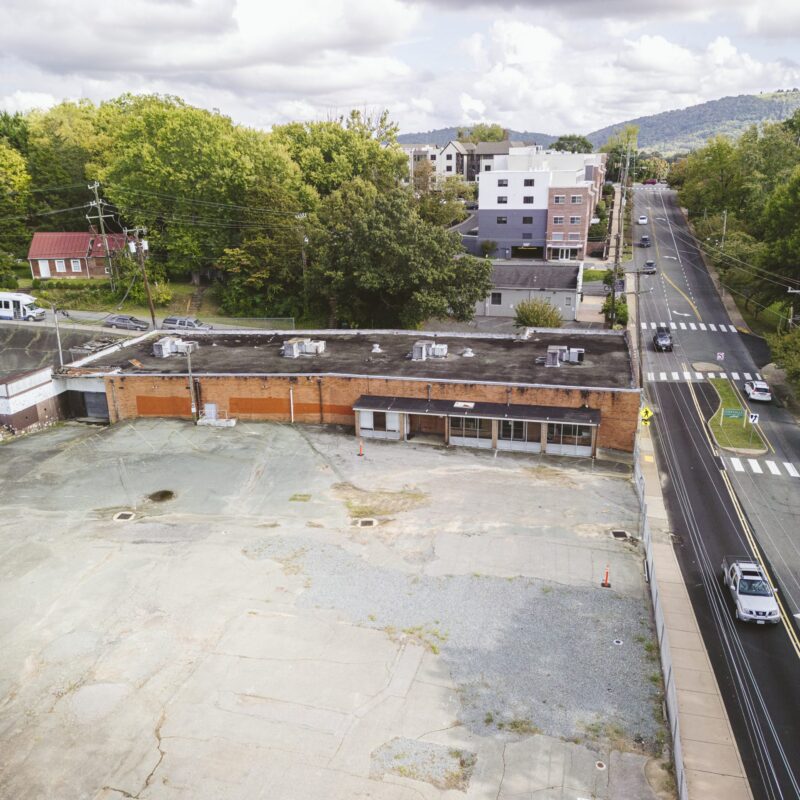Born and raised in Charlottesville, Anne-Marie Slaughter graduated from St. Anne’s-Belfield in 1976 and left to go to Princeton where she eventually became the university’s dean of the Woodrow Wilson School. Earlier this year, she was named the recipient of the Thomas Jefferson Award for excellence in the field of law. Shortly afterwards, Slaughter published The Idea That Is America: Keeping Faith with Our Values in a Dangerous World, a timely book that offers a road map for restoring America to its original ideals by drawing on the great statesmen and figures of the country’s past. C-VILLE recently spoke with the author in anticipation of her visit to the New Dominion Bookshop on June 14 at 3pm.
 Change begins at home: Anne-Marie Slaughter goes hunting for values in her latest book, The Idea That Is America. |
Jayson Whitehead: Many people seem skeptical about whether America can restore its reputation and its mission. Do you see it as a great challenge?
Anne-Marie Slaughter: I think there’s no question it’s a big challenge, but part of the point of the book is that we really have been here before. In the early ’80s, when we were trying to put intermediate nuclear missiles into Germany as part of the Cold War, our approval rating in England was 4 percent. During the Vietnam War, that horrible image of the girl burning from napalm was the image of the United States for many people around the world, just like that horrible image from Abu Ghraib is today.
We have a lot of work to do and it is going to involve admitting that we’ve been wrong. Our history is not a history of perfection but rather of constantly saying one thing and doing another and then being held to our word.
This restoration of faith in America could be seen as a two-fold challenge, one that not only extends to the rest of the world but here at home.
I think there’s this vicious circle between the belief that things are so broken in so many places at home, and then on top of that this feeling that the world hates us. I think if we could focus more on pulling things together at home, we would recognize that is our best advertisement. A large part of what I’m arguing is that we should be much more open to the world about our own problems and our own struggles—and that that’s actually a selling point.
What can the average citizen do to try and restore this faith?
I wanted to remind Americans that patriotism does not mean wrapping yourself in the flag and never criticizing the government. Patriotism means believing in our ideals but, equally, being willing to hold our government to it. Many of the heroes I write about were people who were intensely critical of our government, from black leaders to women leaders to religious leaders, people like Frederick Douglass who said on the Fourth of July, “Hey, this may be your freedom, but it’s not mine.” I hope people read this book and come away rejecting the notion that to criticize the government, to challenge the government, is wrong. It is the deepest form of patriotism.



